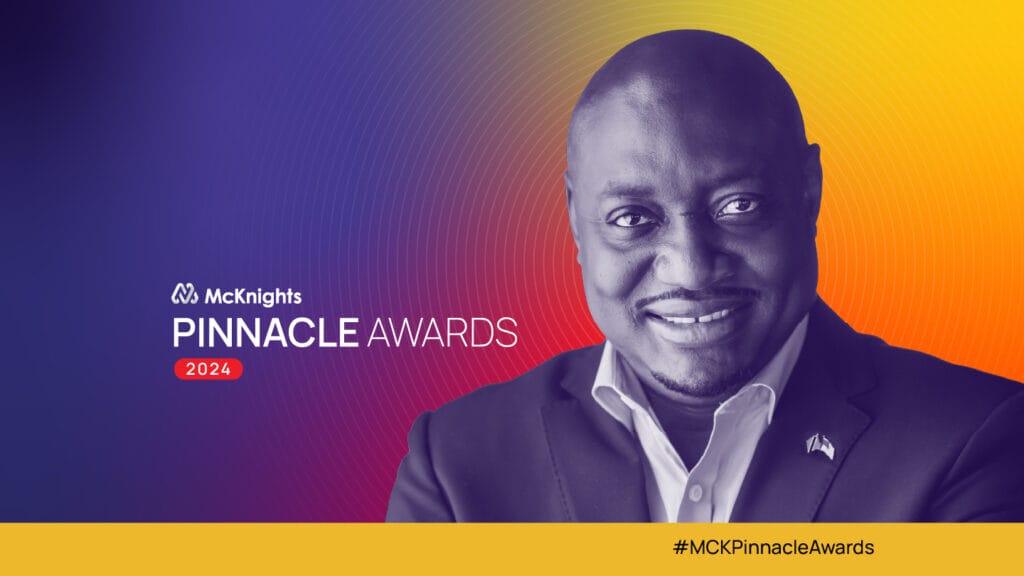
States have an unprecedented opportunity to rebuild their personal care workforce with enhanced federal funding under the American Rescue Plan and the Biden administration’s Build Back Better plan. That was the message state agencies delivered during a webinar Tuesday sponsored by the nonprofit senior consulting firm PHI National.
Patti Killingsworth, assistant commissioner of Tennessee’s Medicaid program, said her state will receive more than $137 million in additional Federal Medical Assistance Percentages over the next two years that will be used to increase wages for home care workers. She’s also hoping Tennessee can funnel other federal dollars from the American Rescue Plan and the reconciliation plan for technology improvements that will benefit seniors aging in place.
“This is one of those areas where we can provide a benefit that will increase safety, it will increase independence in the home and across community environments in ways that improve people’s quality of life and reduce the burden on both paid and unpaid caregivers and allow us to leverage the limited workforce that we have,” Killingsworth explained.
Under the American Rescue Plan, to offset the economic impact of the COVID-19 pandemic, the government earmarked $350 billion to state and local governments and increased FMAP by 10%. The reconciliation plan, also known as Build Back Better, could funnel another $190 billion to $400 billion to home-and-community-based services.
Maine, which has one of the nation’s oldest populations and smallest percentage of young workers, is using enhanced FMAP funding to increase its Medicaid reimbursement rate to 125% of the minimum wage to attract workers.
The state is also launching a massive media campaign that will promote direct care work as an on-ramp to other healthcare careers.
“The focus will really be on new Mainers, such as racial and ethnic minorities, younger people, older people and those with disabilities who have not been a focus in Maine of folks who are taking these jobs,” Jess Maurer, executive director of Maine’s Council on Aging, said.
Both Maurer and Killingsworth said another way to expand the direct care workforce is through competency-based certification and training programs that allow workers to gain college credit and advance into higher paying jobs.



